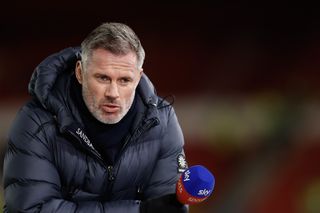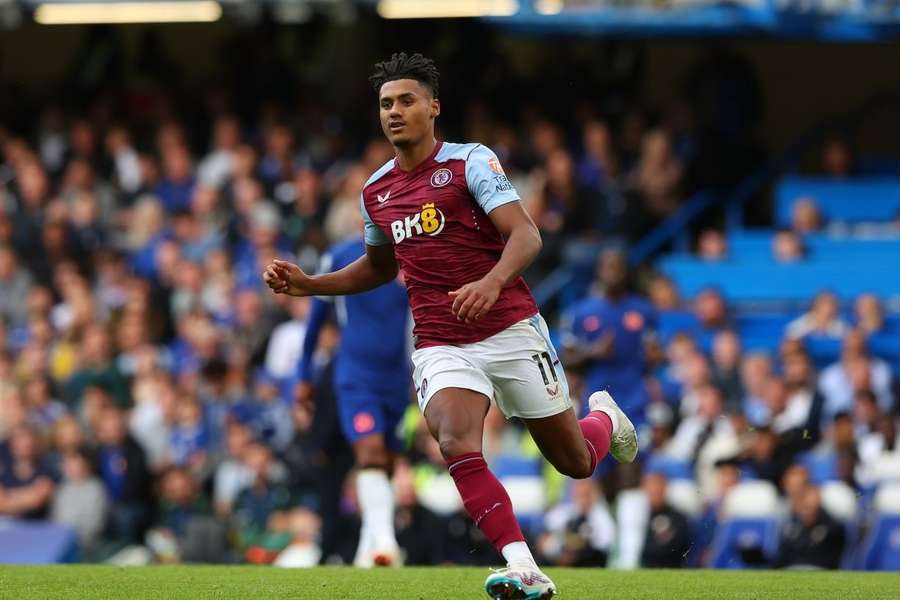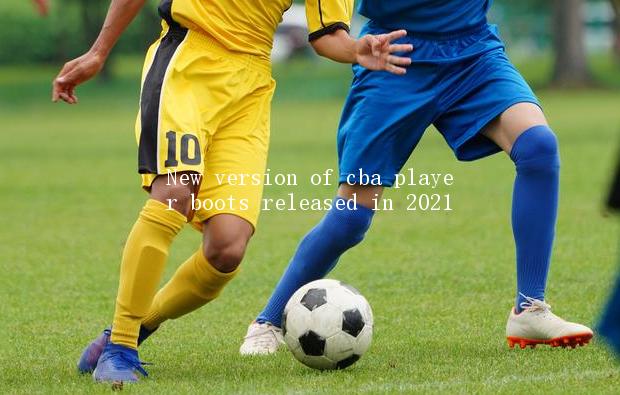Nils-Eric Johansson reveals: Andy Cole outshines Elber in toughness; Recalling Cup glory with Blackburn; Witnessing Isak's rise at AIKXhulio Zeneli, International Correspondent
Having recently retired from professional football, Johansson is now coaching within AIK's academy. In a recent interview with Tribalfootball.com, he reflected on his career and shared insights on the promising young Swedish players making a name for themselves in Europe.
 A legend of AIK in Sweden, Nils-Eric Johansson also made an impact with Blackburn Rovers and Leicester City during his career.AdvertisementAdvertisement
A legend of AIK in Sweden, Nils-Eric Johansson also made an impact with Blackburn Rovers and Leicester City during his career.AdvertisementAdvertisementCareer experiences
Johansson played for several notable teams including Bayern Munich, Nürnberg, Leicester City, and AIK:
“I think all experiences and different countries come with their challenges, along with good and bad periods. Moving to Bayern at 17 was tough because I left my home country. Then moving to England was also challenging. The hardest part has always been integrating into the team as quickly as possible, but I believe this was one of my strengths as a player and person — I adapted quickly.
"My best experiences were where I won trophies. For example, at Bayern, Nürnberg (where we won promotion to the Bundesliga), and Blackburn, where we won the League Cup in my first year. After a managerial change at Blackburn, I moved to Leicester, where I also had a great experience playing regularly. But my 11 years at AIK were special, winning titles in my hometown was a dream come true.”
The Bayern Munich experience
As a young player at Bayern Munich, Johansson admits he faced challenges breaking through at one of the biggest clubs in the world:
“It went very well. A club like Bayern brings in players from all over the world every year, and we foreigners stuck together, speaking English until we learned German. I picked up German quickly, but the challenge as a 17-year-old was the fast pace of fighting for a spot in the team.
"Training was tough, and I learned a lot individually. Overall, it was a fantastic experience being part of that team and having the opportunity to train and play with great players.”
Playing with and against great players
Johansson had the privilege of playing alongside many elite players, including Oliver Kahn, Bixente Lizarazu, Andy Cole, and Damien Duff:
“I played with many talented players, but two that stand out are Stefan Effenberg at Bayern and Tugay at Blackburn. Watching them control the midfield was a joy. Players like Cole and Duff were fantastic too, but I focused on different aspects of players than others might have.
"The toughest opponents were usually strong, physical players. I found it harder to defend against big players like Jan Koller than against technical players. I remember one game against Koller being one of the hardest of my career.”
Coaching insights
Johansson worked under some legendary coaches, including Ottmar Hitzfeld, Graeme Souness, and Mark Hughes - all of which had different coaching styles:
“When I first arrived at Bayern, it was Giovanni Trapattoni. I had the honor of working with some great coaches. Hitzfeld was tactical and methodical, taking a long-term approach, while Souness made decisions more on instinct. He brought his character as a player into his coaching. Mark Hughes was younger and more modern, favoring a 4-4-2 system. Football and tactics have evolved a lot since my playing days, but I learned so much from these coaches.”
Strikers he played with
Johansson also played alongside elite strikers such as Roque Santa Cruz, Giovane Élber, Andy Cole, and Hakan Şükür:
“Roque was younger than me when he came to Bayern. He was a talented striker, and we got along well. Élber was a well-rounded striker, very technical. But Cole was the hardest to mark — he was so quick and always ready to attack, even if you gave him just a centimetre of space. His explosive runs and finishing were top-notch. You always had to be 100% focused when he was on the field. I played with Şükür towards the end of his career, but he was still a great striker.”
Transition from German to English football
After his time in Germany, Johansson moved to England, where he played for Blackburn and Leicester. He admits there were key differences between German and English football:
“It was a great experience at both clubs. If I had to choose, I preferred German football. I liked their style and philosophy. In England, the mentality was a bit different — people, fans, everything. But I tried to learn something from every country I played in, to grow as a player and a person.”
Bayern Munich under Kompany
As a former Bayern player, Johansson admits he's been watching the team’s performance under new coach, Vincent Kompany:
“Bayern go through these cycles of change every few years. After dominating Germany for so long, they needed some freshness in the team and the club. Bringing in a young coach like Kompany makes sense for them to build something new. I expect Bayern to be near the top of the league, but I think the competition will be fiercer now with more clubs challenging for the title.”
Leicester City’s Premier League return
Johansson also shared his thoughts on Leicester City’s return to the Premier League:
“Leicester have had ups and downs in recent years. They’ve had some great seasons, but it’s always difficult to keep your best players when top clubs make offers. They need to find stability and plan for the long term. Competing in the Premier League is tough when clubs are investing so much money, but Leicester can still do well if they stick to a solid project.”
Swedish talents: Isak, Kulusevski, and Gyökeres
As a former Sweden international, Johansson says he is watching the progress of young trio - Alexander Isak, Dejan Kulusevski, and Viktor Gyökeres:
“I was at AIK when Isak made his debut at 16, and you could see his talent right away. Moving to Newcastle was a good decision for him. It’s a club building something important, and he can develop without the same pressure as at a top-tier club. I respect Newcastle for giving him that opportunity.
"Gyökeres is a strong, powerful striker who has been brilliant in scoring goals. He’s at the right place at Sporting, and I expect to see him move to one of Europe’s top leagues soon.
"Kulusevski has had ups and downs at Tottenham, but I think with Ange Postecoglou as his coach, he’ll have the stability he needs to show his potential. I just hope he gets the consistency he needs to grow and reach his full potential.”
Future in coaching
Lastly, of his own future in the game, Johansson says he has plans of making his way in coaching:
“I’m currently coaching AIK’s U19 team in the mornings and a League 1 team in the Swedish league in the afternoons. My goal is to keep improving as a coach and eventually work at the highest level in Europe. I want to win games and develop as many great players as possible. Right now, I’m focused on learning and growing as much as I can to achieve that.”
RELATED STORIES
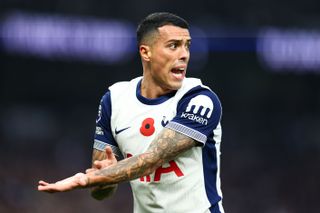

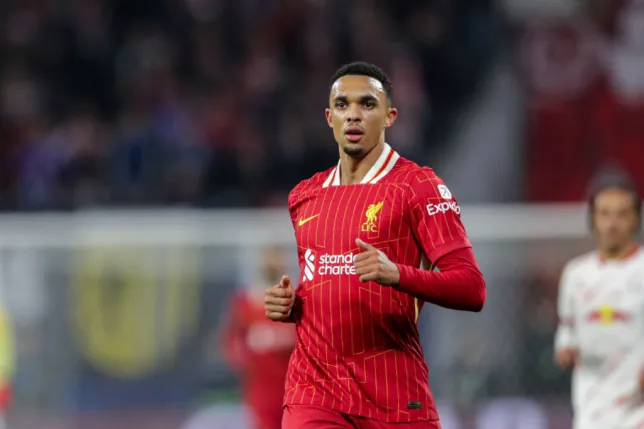


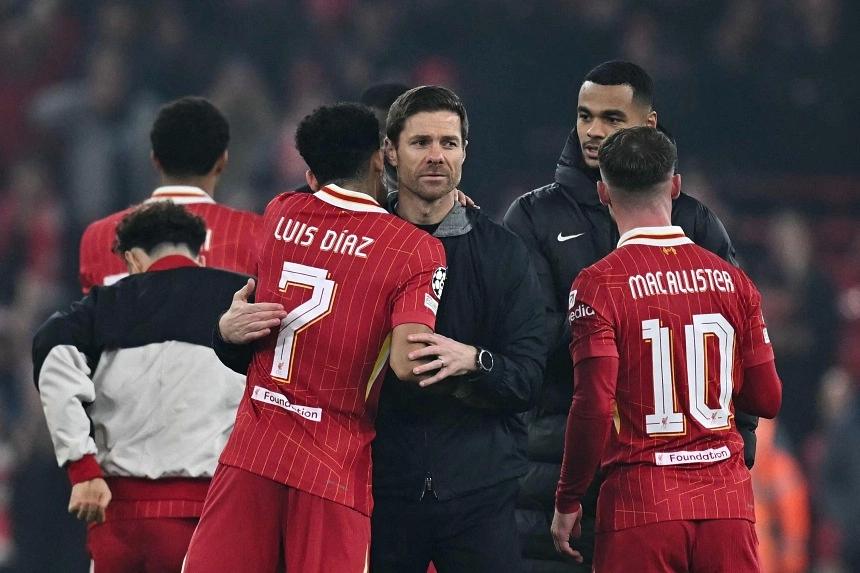
LATEST NEWS
